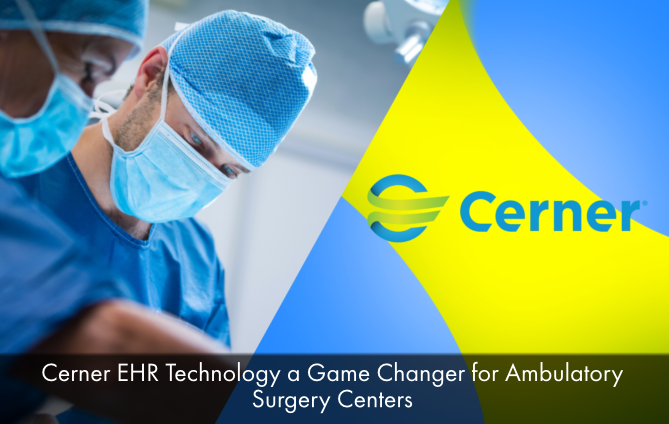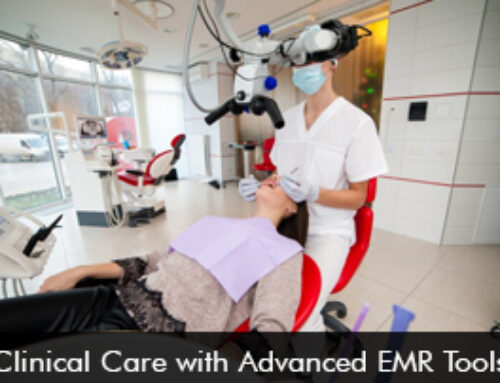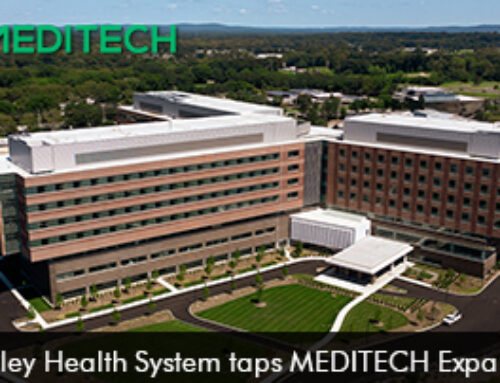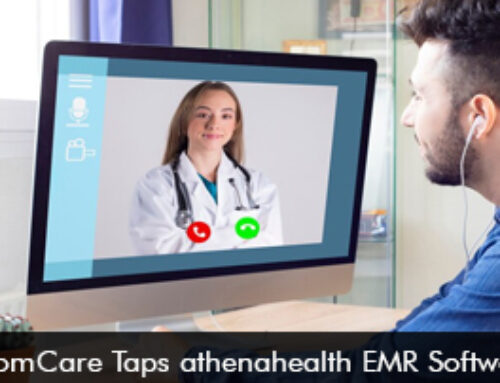Ambulatory surgery centers or ASCs, play a vital role to facilitate patients to have surgeries outside of the hospital setting. ASCs provide cost-effective care solutions in a convenient and clean environment. A recent analysis done by the UnitedHealth Group revealed that can reduce surgical costs by upwards of 59 percent by directing more members to ambulatory surgery centers from hospitals.
Unique challenges faced by ASCs
Many ASCs face challenges and struggles in finding the right healthcare technology that can meet the unique workflow requirements. Finding the right Electronic Medical Records (EMR) software system can have a positive effect on the efficiency and productivity of these surgery centers.
The healthcare industry is now focused to encourage patients to receive cost-effective care from outpatient settings as hospital stays can be costly. This has put immense pressure on ASCs to enhance their processes and the healthcare technology leveraged to offer high-quality and persistent patient care.
Cerner EHR solutions for an ambulatory surgery center
An ambulatory surgery center in Delaware built-in 2015 had been struggling to operate efficiently. This led the ASC to join hands with Cerner EHR software technology to automate daily workflows. Earlier the use of a paper-based record system was inefficient and was hampering the surgery center’s growth.
With the shift to more outpatient settings, the ambulatory surgery center wanted to offer its patients low-cost high-quality care. Leveraging Cerner electronic health records software helped the ASC to optimize workflows to support care coordination for improved patient care.
Cerner’s EMR technology offers seamless integration with the existing software platform which helps to support patient safety and saves time in tracking and recording data. Cerner technology has provided ASCs with intelligent solutions to deliver clinician efficiency and enhance administrative workflows.
Leveraging Cerner ambulatory software solutions can help ambulatory surgery centers in the US to improve and bring value in the following areas in the outpatient setting,
- Patient focus – The solution keeps patients in the center to improve patient safety and deliver high-quality care.
- Clinical efficiency – Automation of clinical workflows helps to streamline charting procedures which help to enhance provider efficiency and reduce the chances of burnout.
- Care coordination – The interoperability options offered by the EHR software support care coordination across the care team. This helps to provide the best care possible and keep patients satisfied.
- Operational efficiency – This helps to reduce the final cost of care and optimizes revenue for ASCs.
- Support different specialties – Improvement in specific capabilities can be attained which supports focused medical specialties and meet unique requirements.
Moving ahead
The success of ASCs highly depends upon using state-of-the-art EHR software technology which can support unique workflows. The market is highly competitive and embracing the right technology solutions can facilitate the outpatient centers to offer affordable and effective care opportunities to patients.







